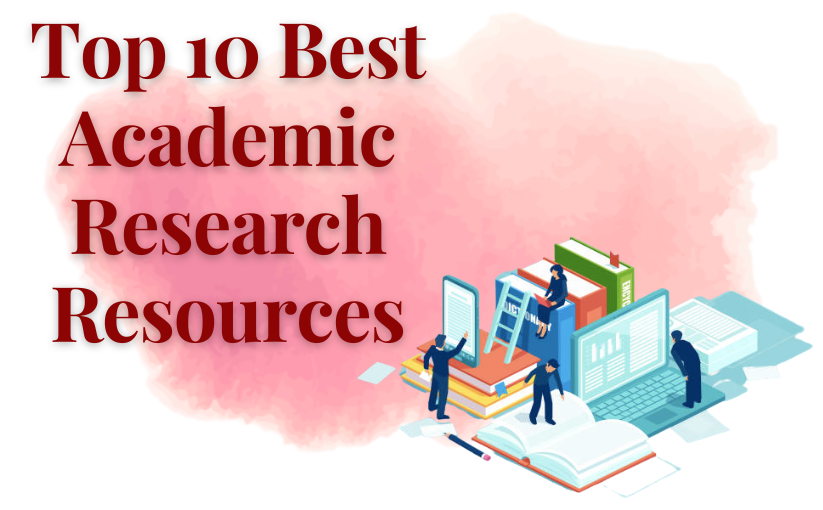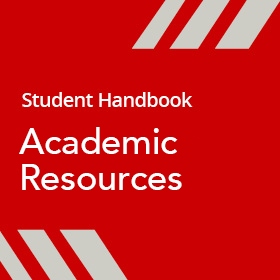Achieve Your Learning Goals with Docentra High-Quality Academic Support Tools
Achieve Your Learning Goals with Docentra High-Quality Academic Support Tools
Blog Article
Where to Locate Top Quality Academic Resources for Your Study
Determining high-quality academic sources is essential for extensive study, yet navigating the large landscape of readily available materials can be intimidating. In addition, on-line academic databases like JSTOR and PubMed accumulated academic articles, while open access journals supply even more comprehensive access to research findings. Recognizing exactly how to utilize these sources effectively can considerably impact your research end results.
University Libraries

Beyond physical collections, university libraries usually use customized research support, consisting of appointments with librarians who have subject competence (Docentra). This advice can significantly improve the effectiveness and performance of the research procedure, permitting customers to navigate complex information landscapes with higher simplicity
In addition, many libraries offer access to unusual and archival materials, which can be invaluable for advanced research projects. Such distinct resources typically consist of main records, manuscripts, and historic collections that are not conveniently offered in other places.
In addition, college libraries often host workshops and seminars focused on improving information proficiency abilities. These campaigns encourage pupils and professors to critically assess sources, an essential ability in today's information-rich setting. On the whole, college libraries not only function as repositories of knowledge however also work as vibrant centers that promote scholastic growth and innovation.
Online Academic Data Sources
In the world of academic research, online scholastic databases play a critical duty in giving students and scholars with instant access to a wealth of academic write-ups, journals, and other crucial sources. These electronic repositories function as centralized systems where individuals can effectively look for peer-reviewed literary works across numerous self-controls.
Prominent data sources such as JSTOR, PubMed, and Scopus host comprehensive collections that cover a multitude of topics, from the humanities to the sciences. Docentra. By utilizing advanced search capabilities, researchers can improve their inquiries, filter outcomes by publication day, and gain access to citation devices, thus boosting the research study procedure's effectiveness and precision
Furthermore, several databases use features like informs for new publications and the capacity to save and arrange write-ups, further streamlining the research study experience. Registrations to these databases are typically provided through scholastic institutions, providing students and faculty participants unlimited accessibility to premium material.
Open Access Journals
Increasingly, researchers are turning to open gain access to journals as a complementary resource to standard scholastic data sources. These journals provide an important platform go to my blog for distributing research study searchings for without the monetary obstacles usually related to subscription-based magazines. Open up accessibility versions permit for free online accessibility to academic write-ups, making certain that research study comes to a broader audience, consisting of experts, policymakers, and the basic public.
The high quality of open gain access to journals has considerably improved, with many sticking to strenuous peer-review procedures and being indexed in trusted data sources. This shift has fostered better openness and collaboration in the academia, as scientists can share their work quicker and obtain comments from diverse viewpoints.
Additionally, the expansion of open access journals straightens with the worldwide movement in the direction of open scientific research, advertising the idea that openly funded research must be freely readily available to all. Researchers looking for premium academic sources ought to take into consideration credible open accessibility journals, such as those provided in the Directory site of Open Gain Access To Journals (DOAJ) or those released by acknowledged scholastic societies. By incorporating open access journals right into their research study approaches, scholars can improve the presence and impact of their job.
ResearchGate and Academia.edu
ResearchGate and Academia.edu have become essential platforms for academic networking and understanding sharing, with millions of researchers leveraging these sites to distribute their work and connect with peers. Both platforms enable customers to produce profiles that showcase their magazines, research rate of interests, and scholastic achievements, promoting higher presence within the scholarly neighborhood.
ResearchGate, started in 2008, concentrates on promoting cooperation among scientists through features such as research study cooperation devices, project sharing, and question-and-answer discussion forums. Individuals can publish their documents, take part in discussions, and comply with the job of others, boosting the collective possibility of their study. The platform also offers metrics theoretically presence and downloads, allowing scientists to evaluate the effect of their job.
Academia.edu, released in 2008 too, runs in a similar way but emphasizes the sharing of scholastic documents. Users can adhere to specific research study topics and get updates on new publications within their areas of rate of interest. Furthermore, Academia.edu supplies analytics on viewers involvement, more tips here helping scientists recognize their target market much better.
Both systems act as beneficial sources for accessing high-grade scholastic web content and cultivating links that can bring about impactful cooperations.
Google Scholar and Beyond
Academic networking systems like ResearchGate and Academia.edu play a considerable function in distributing research, but Google Scholar offers a different measurement by working as a thorough search engine for academic literature. It indexes a large range of sources, consisting of peer-reviewed write-ups, theses, books, conference proceedings, and licenses, making it a very useful device for scientists across techniques.
Google Scholar supplies various features that boost research study efficiency. The citation monitoring function permits individuals to see how often a paper has actually been cited, providing understandings into its influence within the academia. Furthermore, the "related write-ups" function helps scientists discover comparable studies, promoting a more comprehensive expedition of a topic.

Conclusion
In verdict, accessing high-quality academic resources is necessary for extensive study. College libraries provide comprehensive collections and browse around these guys skilled advice, while online academic data sources such as JSTOR and PubMed systematize academic write-ups. Utilizing these resources collectively can significantly improve the high quality and deepness of scholastic research study.
Report this page